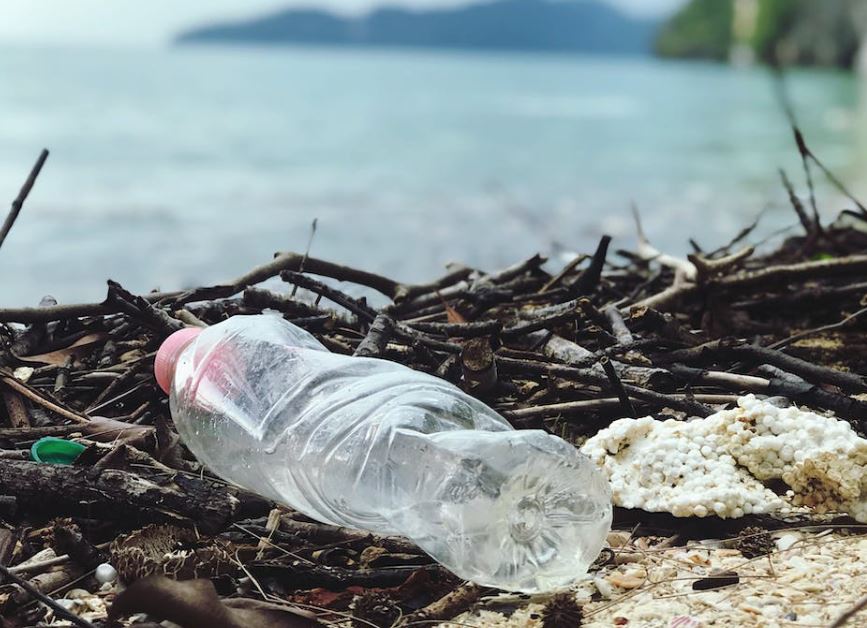Guaranteed Next Day Delivery!

How to Manage Your Plastic Waste with Skip Bin Hire Services?
If you want to manage your plastic waste better, skip bin hire could answer your problems.
Plastic waste is a major threat to our environment and wildlife. The world currently has a huge problem with plastic waste products. We use plastic every day, but it can take up to a hundred years to break down. It is estimated that 1 billion tonnes of plastic waste are produced yearly, and 20% or 40,000 tonnes of plastic waste end up in the oceans yearly.
The problem is so bad that plastics are now found in many marine animals, and the evidence that they are being seriously harmed is undeniable.
Plastic is everywhere. It is used in many of the objects we use daily, and it is unrelenting. A large proportion of plastic comes from packaging for food and drink items. As we all know, these products are often consumed in just one or two minutes without considering their impact on the environment or our health. The sheer volume of plastic that humans produce daily has an exponential effect on the environment.
Which plastics are the worst offenders?
- Shopping bags
- Cutlery
- Straws and stirrers
- Balloons and balloon sticks
- Plastic bottles and lids
- Plastic takeaway containers
- Plastic cups, plates and bowls
- Plastic-lined coffee cups and lids
- Polystyrene containers
All of the above have perfectly good replacements now available. There’s simply no need for plastic cutlery when sustainable bamboo or wooden versions are cheap and available. If restaurants switch to recyclable containers and cutlery, things will quickly improve.
The same can be said for cups, bowls and food containers.
Preserve Marine Animals
One of the most significant challenges of our time is the plastic waste that we are drowning in the ocean. In recent years, a lot of waste, like food packaging, has been consumed by animals in the ocean. This causes harm to marine animals as they’re unable to digest the plastic and die from suffocation or intestinal blockage. Inevitably, the damage done is already significant, but it can be reversed.
Recycling the Plastic Waste
There are many ways to help reduce the amount of plastic waste we produce, for example, by using paper bags at grocery stores instead of plastic bags. Use reusable water bottles instead of disposable ones and reuse the plastic waste.
Recycling rates are very high in richer countries such as Europe or North America. However, in countries such as India or China, where fewer people have access to resources, recycling rates are lower. In order to recycle plastics responsibly, we should create awareness among people about how plastic waste can harm the environment. Additionally, how to segregate plastic from other kinds of waste and how recycling can help reduce landfill space usage, thus reducing carbon footprint.
Management of Plastic Waste with skip bin hire
Skip hire is the best cost-effective, eco-friendly and 100% guaranteed solution for both businesses and consumers when it comes to managing plastic waste responsibly. It can help households and businesses to get rid of all types of waste from their location.
Skip hire is the process by which one hires a skip bin, either short-term or long-term. Companies will provide skip bins that come in various volume sizes, and it is up to the consumer to choose the size that will suit their needs.
A skip will safely transport all this plastic waste into proper disposal sites for management. This stops them from ending up in landfills and the environment.
Managing plastic waste with skip bin hire will take care of all the hard work.
Takeaway
The increased use of plastic is harming the environment and marine animals. The good way to keep the planet green is by recycling plastic waste responsibly reducing the use of chemicals and harmful compounds like bisphenol A (BPA).
Skip-hire businesses have helped in the fight against ocean plastic pollution by providing space for people to deposit their plastic waste. This is important because that waste could otherwise end up in the water and harm marine animals.
